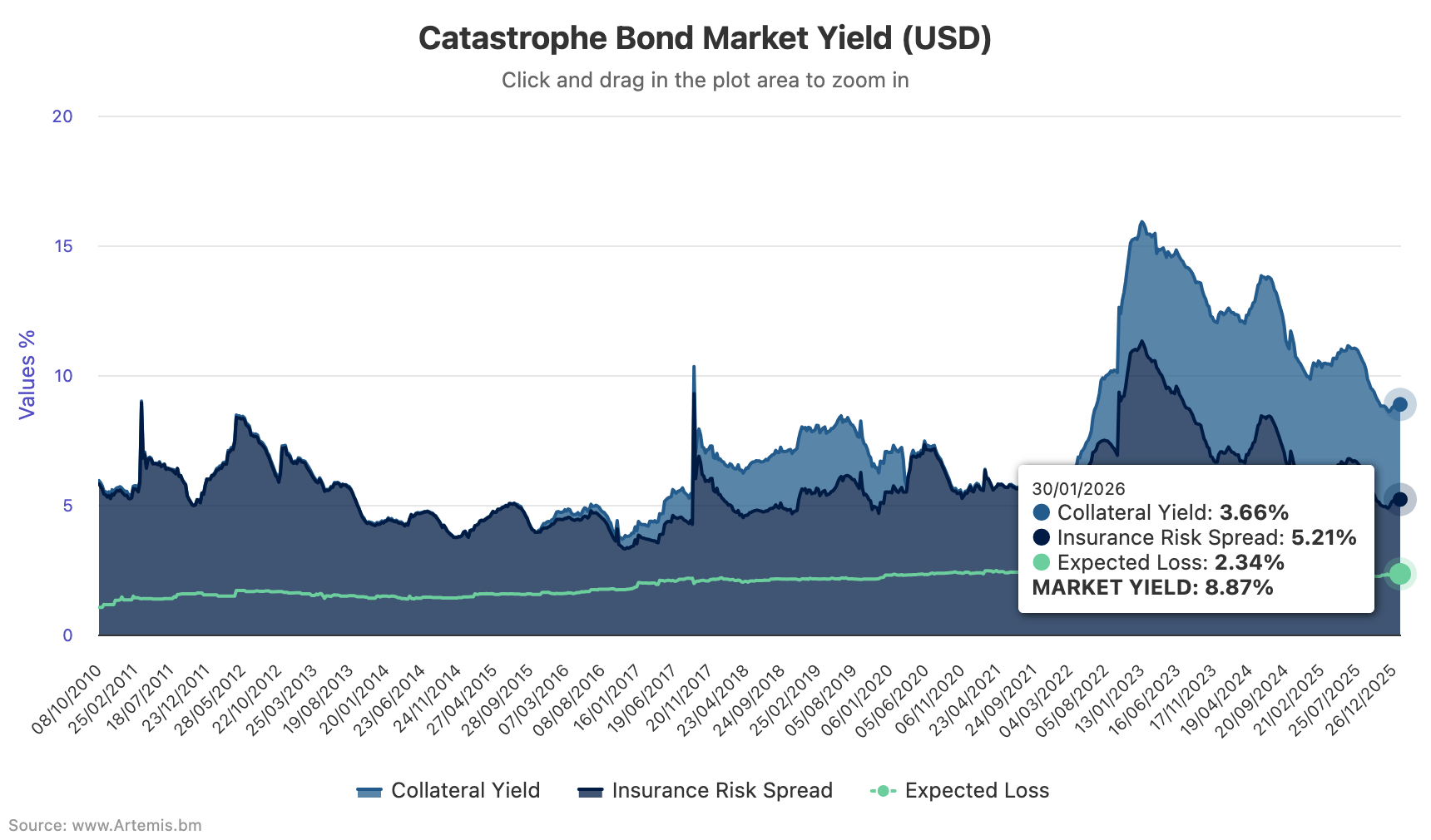
It has taken a pandemic, but the fallacy of Couch’s “physical alteration” standard, accepted blindly by myriad courts nationwide in COVID-19 insurance disputes and beyond, has been revealed in an article co-authored by Hunton insurance partner, Lorie Masters, with substantial assistance from Hunton insurance associate, Rachel Hudgins. The article, which received final publication in the American Bar Association’s TIPS Law Journal on October 26, 2021, makes a critical analysis of the landscape of judicial authority that existed when 10 Couch on Ins.§ 148:46 (3d ed.1998), the edition of Couch in which the standard first appeared, was published in the late 1990s. The article then traces the evolution of that landscape through the beginning of the COVID-19 pandemic, when courts nationwide (predominantly federal courts), seized upon Couch’s standard as though it were a constitutional mandate.
But as the article reveals, the standard is flawed, and thus the decisions that rely on it, infirm.As explained by the authors, Couch makes a significant misstatement of law that the “physical loss or damage” coverage trigger requires a “distinct, demonstrable, physical alteration of the property.” As demonstrated in the article, at the time Couch announced its test, only a single court supported the Couch Test, with thirteen other courts rejecting it. Thus, Couch’s self-described “widely held” test was, in fact, a minority position. The article demonstrates how, only after the Couch treatise published this misstatement of law in the 1990’s, was its test adopted by any court.The article is a must-read for anyone aspiring to understand the true basis for one of the most widely-held erroneous views of the law, and the true meaning of the phrase “physical loss or damage” as used in one variant or another in virtually every property and business income insurance policy.
Publisher: Hunton Insurance Recovery








